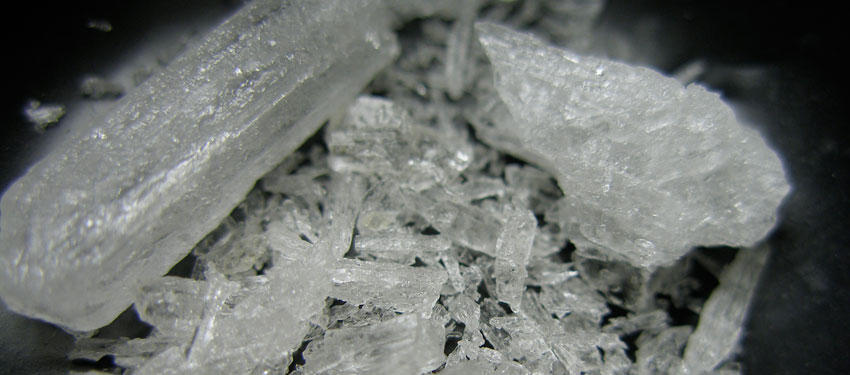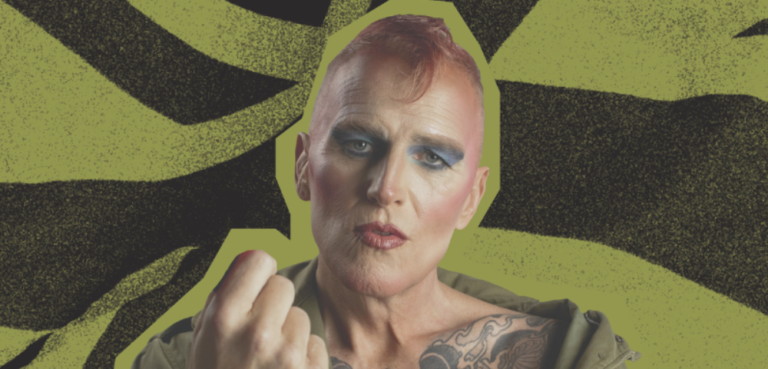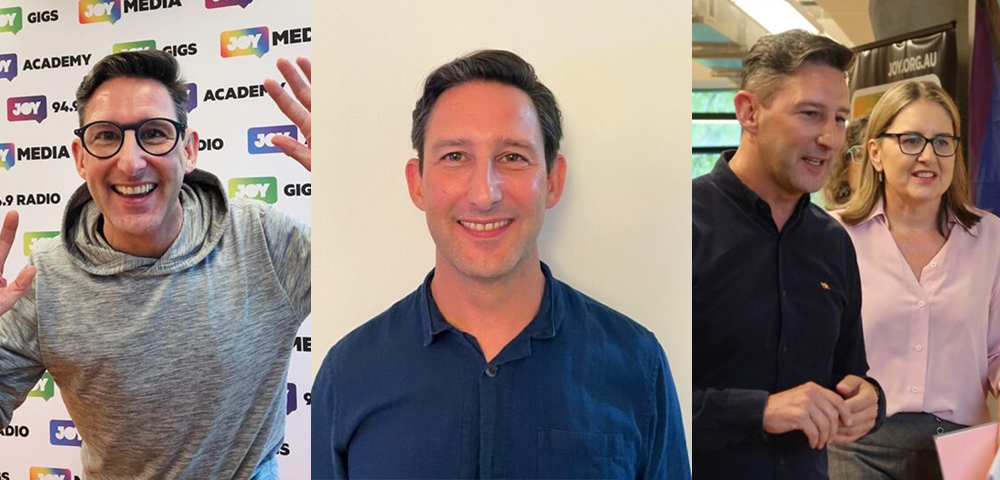
Crystal meth “drug of choice” for gay men

WITH the long weekend upon us, new data suggests up to a third of LGBTI partygoers could be regularly taking crystal meth – far higher than in the straight population.
Latest figures from the University of New South Wales’ ecstasy and related drugs reporting system (EDRS) show that a third of LGBTI ecstasy users had also taken methamphetamine compared to 23 per cent of heterosexual users.
It was the “drug of choice” for 16 per cent of gay men.
Crystal meth, or ice, can induce a state of euphoria which last for several hours. However, the drug also increases the heart rate and body temperature while prolonged use can lead to a psychosis and addiction.
It is illegal to buy, possess or sell ice.
Rachel Sutherland, an EDRS coordinator, said: “The figures reflect previous research that shows hay men have a preference for crystal meth and amyl nitrate.”
Gay men were also significantly more likely to have used GHB and heroin, with eight per cent using smack over the last six months.
The use of the same drugs by lesbians and bisexuals, however, was much closer to that of heterosexuals.
Sixteen per cent of gay people in the study said that ice had been present the last time they had casual sex, more than double the rate of straight people.
Many gay people, however, seem to be shunning more traditional drugs with the use of alcohol, cannabis and cocaine below that of straight users.
The EDRS bulletin says the significant difference in drug use by straight and gay people means a one size fits all approach is not applicable: “The findings show that GLB and heterosexual participants have quite different patterns of drug use and as such it is important that harm reduction messages are tailored accordingly.”
The number of gay people taking ecstasy, at 13%, was also found to be higher than in the straight population.
Gay women made up half of all LGBTI ecstasy users compared to just 30 per cent of heterosexual users.
Mental health was a particular issue with the bulletin saying it was of “grave concern” that 51% of gay users had reported a mental health issue in the previous six months: “GLB participants were significantly more likely to self-report a mental health problem and more likely to report high or very high levels of psychological distress.”
The report highlighted the importance of early intervention, combating discrimination and ensuring that all mental health services are sensitive to the needs of LGBTI people in bringing down the incidence of mental health problems in the community.










Addictive substances affect the availability or the action of natural chemical messengers in the body. Ecstasy, for example increases the levels of serotonin, oxytocin and vasopressin. That’s why your brain no longer functions optimally when you stop taking a particular addictive substance: You feel terrible and get frequent uncontrollable urges to take more of it.
Ecstasy, known as the “love drug,” can be extremely dangerous. when taken, a lot happens in your brain. All tiredness can vanish within 20 minutes of taking it. You might feel happy but taking a lot of the drug will kill brain cells that make serotonin and so you will function less well. More drug each time will be required to get the same pleasant impact. You are likely to develop psychiatric and neurological problems. Memory may be impacted. It goes on. If you must take it, remember to drink a glass of water every hour. But, don’t drink too much water, as too much can cause serious brain damage.
If you partake, please speak with a health professional.